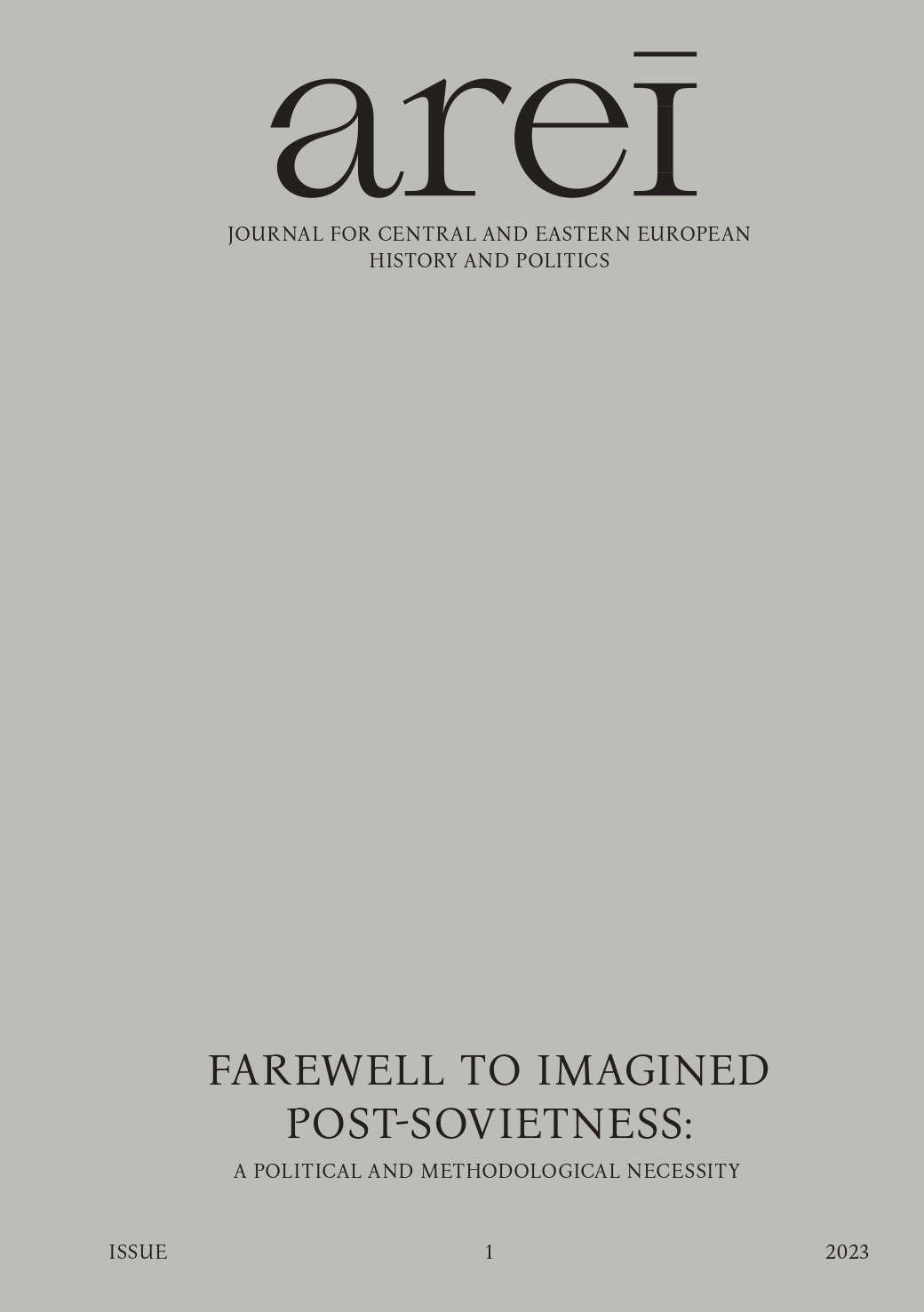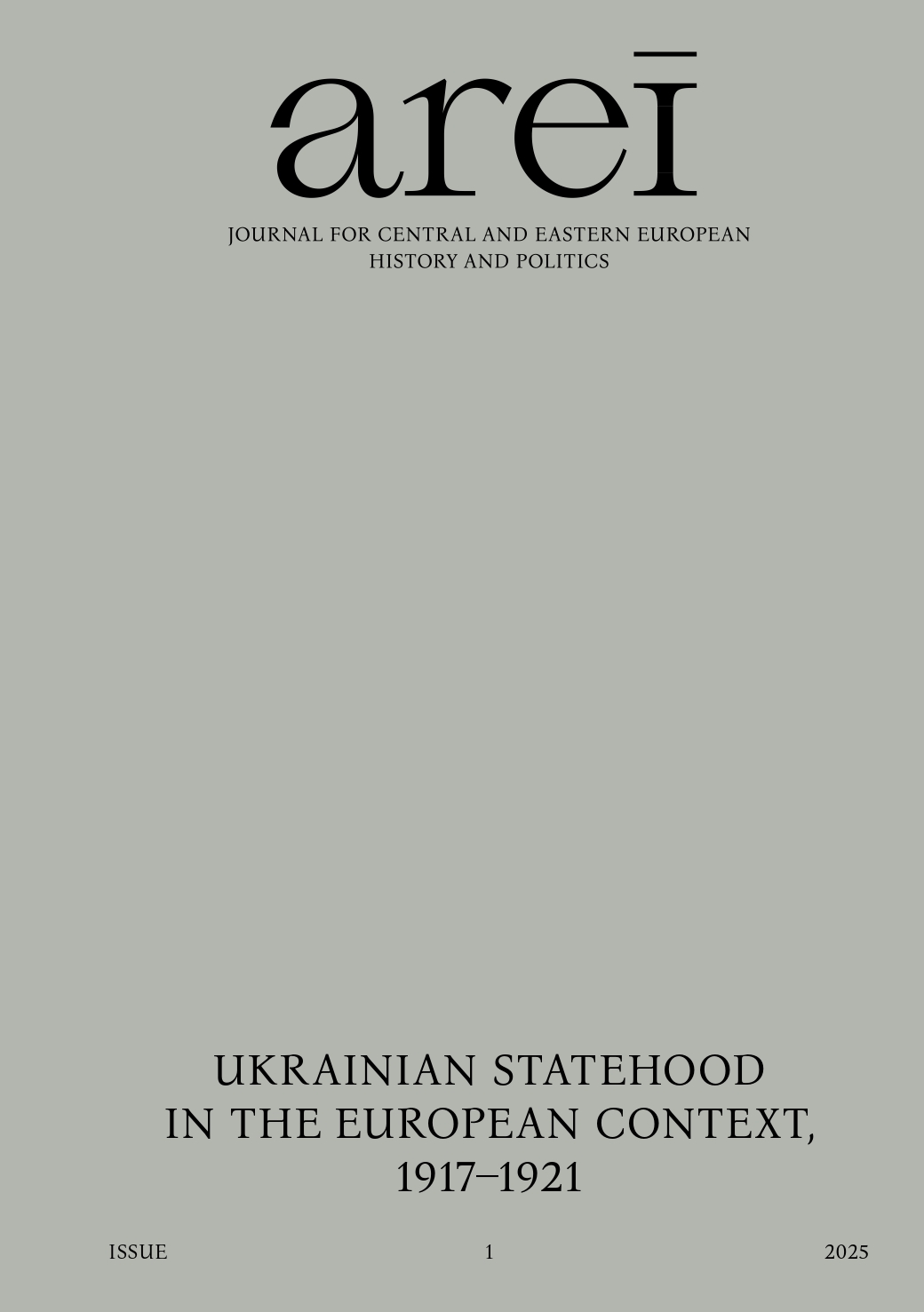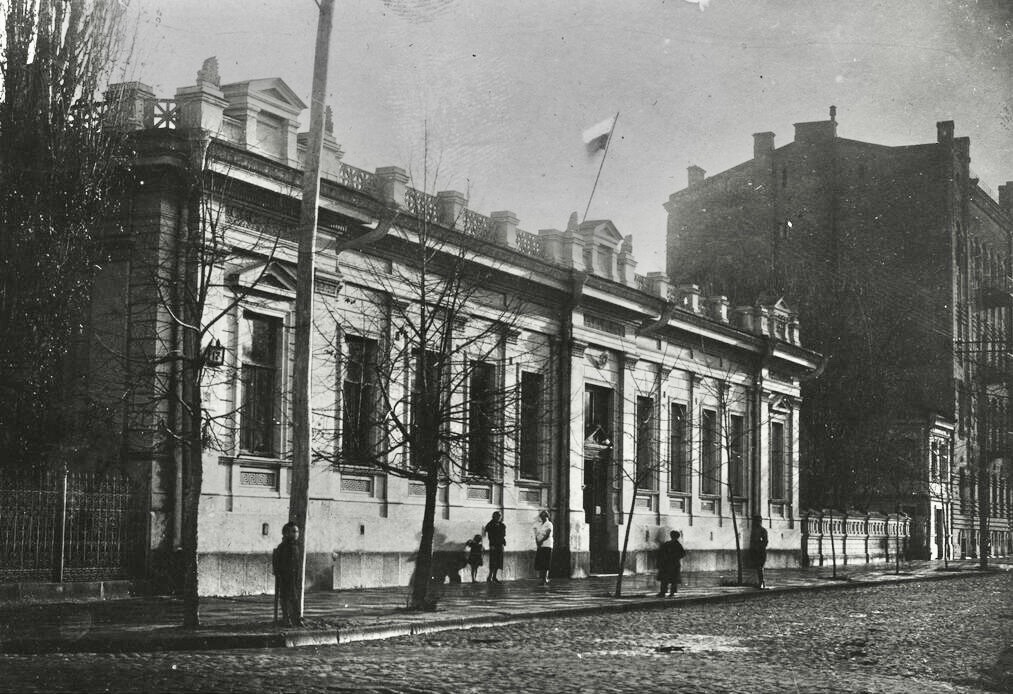The year 2022 will go down in history not only as the beginning of Russia’s genocidal war against Ukraine – its statehood and people – but also as the end: the end of the ‘post-Soviet’ era; the end of a period when certain similarities between the states that emerged from the ruins of the USSR – states which have become less and less similar over the years – led representatives of Western intellectual elites, who are accustomed to inertial thinking, to isolate the vast expanse of Eastern Europe, the Caucasus, Central Asia and Siberia into a single basket called ‘post-Soviet’. In the eyes of many, this term has become synonymous with economic and mental backwardness, accompanied by corruption and other pathologies. Meanwhile, Ukraine – which has defended itself heroically, supported by military equipment and financial, humanitarian, political and moral aid from EU countries, NATO and many other democracies of the Free World – has clearly shown that there is nothing in common between it and the aggressor state. And there probably won’t be for at least a generation.
Russia and Ukraine are at war with each other. They also do not share a political system, foreign policy orientations, or underlying values. In Ukraine, sentiments in society are directed against everything Russian. This is fully understandable given the scale of destruction, suffering and emotion caused by the war, and the approval or passivity of the vast majority of Russians regarding the barbarism created in the name of the Russian state by the Russian army.
Given these circumstances, there is no reason whatsoever to use the term ‘post-Soviet’ to describe nations that were once part of the Russian Empire, which was renamed The Soviet Union 100 years ago, in 1922. Let us note that this term is highly unfortunate because it defines the present by referring to the past within a despotic, totalitarian empire.
In the second issue of AREI, you will find not only an elaboration of these theses in the form of a discussion between four renowned scholars regarding the problems which emerge when we use the term “post-Soviet” towards Eastern European and Central Asian states. The issue also features a brilliant analysis of this problem by the director of the Centre for Eastern Studies, one of the most renowned research institutions in Europe that analyses international affairs in the central and eastern part of our continent. Some of the articles in this issue concern current affairs, while others have a historical or quite historical background, but they are all united by a single leitmotif: What, with reference to the well-known German term Vergangenheitsbewältigung (in English, ‘overcoming the past’), could be called “overcoming Sovietness”? How have other aspects of the Soviet Union’s legacy been overcome? This issue is complemented by an interview with one of the most renowned scholars of Eastern Europe, Professor Serhii Plokhii of Harvard University, and by interviews with two influential participants in the process of the disintegration of the USSR and the first years of the independent states created on its ruins. The entire issue closes with reviews of two important books.







